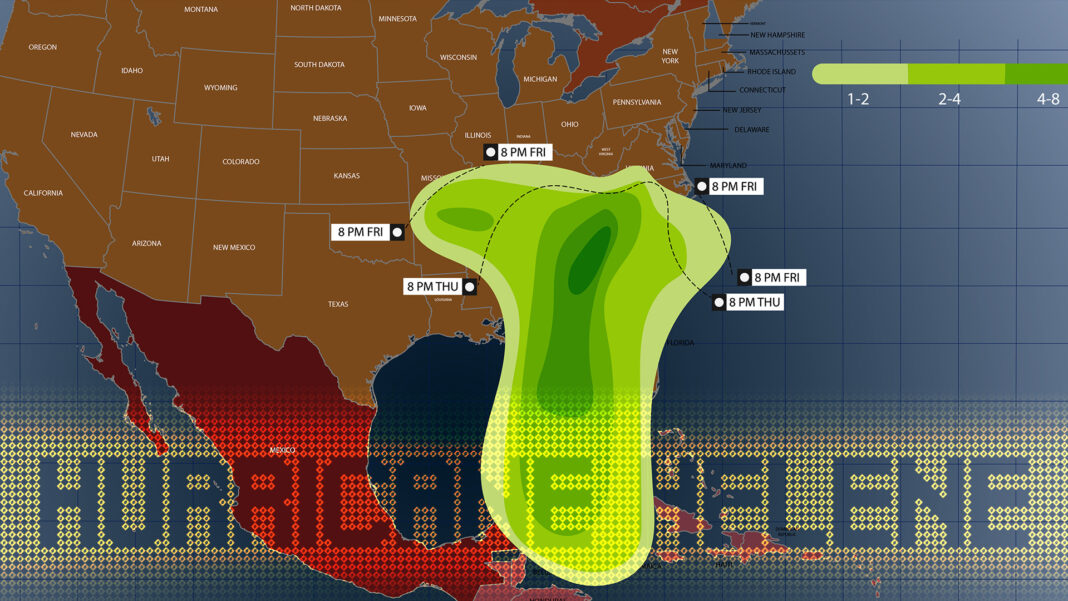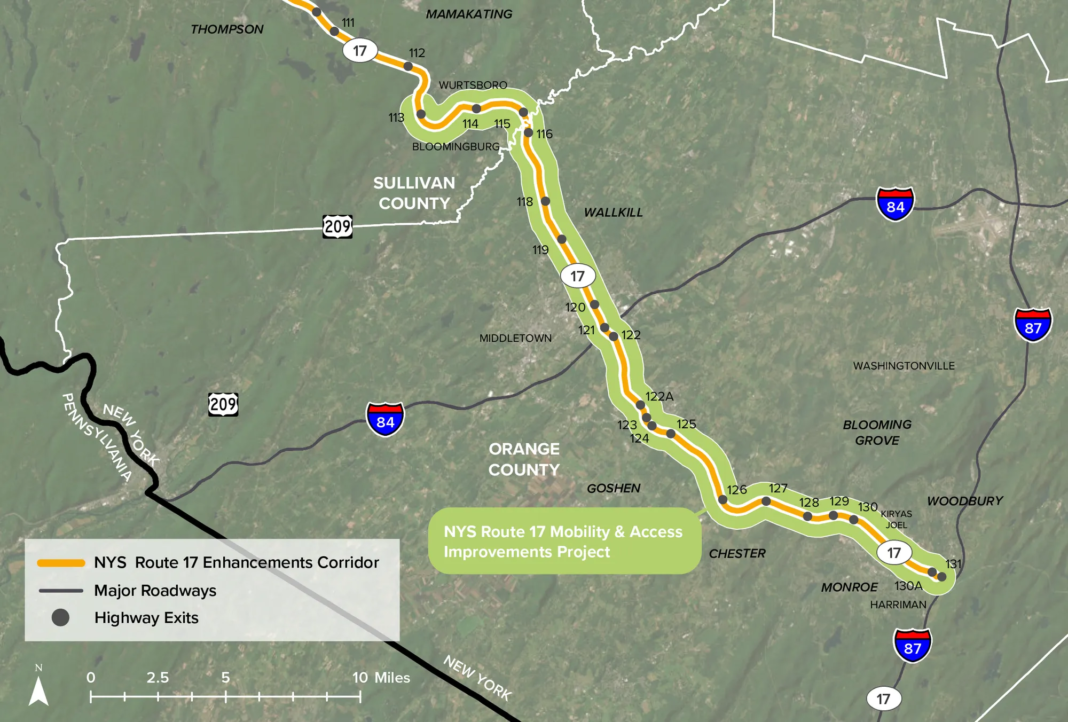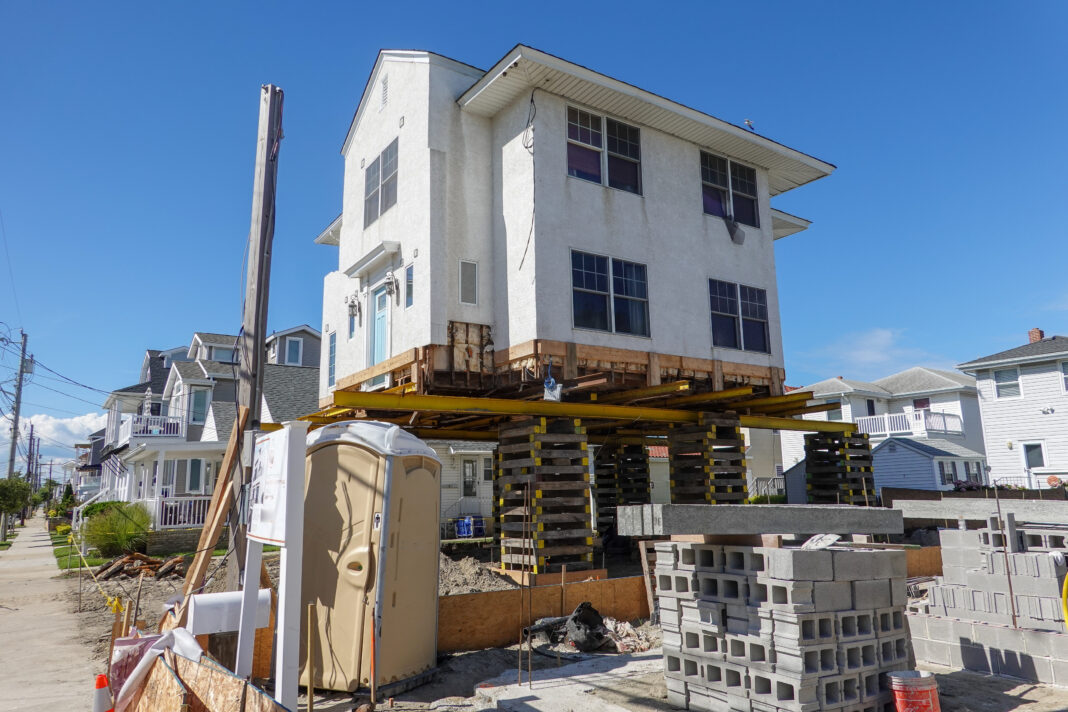Hurricane Helene recently swept through the southeastern United States, leaving a trail of destruction in its wake. Among the hardest-hit areas were North Carolina and Tennessee, where hospitals faced significant challenges due to power outages and flooding.
In North Carolina, the western part of the state saw 22 acute care hospitals affected by the storm. While most hospitals managed to stay open and provide essential care, they were not unscathed. Grid power was restored to all but two hospitals, which had to rely on backup generators to maintain critical operations. Some hospitals had to rely on backup power for several days, highlighting the severity of the situation. The state Health and Human Services chief, Kody Kinsley, reported that the hospitals were working tirelessly to ensure patient safety and continuity of care.
In eastern Tennessee, the situation was equally dire. Ballad Health, a major hospital chain in the region, had to evacuate patients and staff from its Sycamore Shoals Hospital due to rising floodwaters. The evacuation was a precautionary measure to ensure the safety of everyone in the facility.
“Some hospitals had to rely on backup power for several days, highlighting the severity of the situation”
Without grid power, hospitals had to rely on backup generators, which are not always capable of supporting the full range of hospital operations. This situation led to delays in processing and shortages of essential supplies.
In North Carolina, Mission Hospital’s emergency department faced double capacity as supply shortages created processing delays. The hospital staff worked around the clock to manage the influx of patients and ensure that everyone received the care they needed.
The flooding and power outages also posed significant health risks to the affected communities. In the mountainous regions of North Carolina, many people lost access to clean water and power, increasing the risk of waterborne diseases and other health issues. The lack of access to hospitals and medical care further exacerbated these risks, making it difficult for residents to receive timely treatment.
Efforts to restore power and clean water are ongoing, and hospital staff continue to work tirelessly to provide care to their communities. The recovery process is expected to take time.
Hurricane Helene has highlighted the vulnerabilities of healthcare infrastructure in the face of natural disasters. The experiences of hospitals in North Carolina and Tennessee underscore the importance of preparedness and resilience in ensuring the continuity of care during such events. This includes backup energy systems that support critical hospital services for several days or more. As recovery efforts continue, the focus remains on restoring essential services and supporting the affected communities.
Sources
- Hospitals mostly rebound after Helene knocked out power and flooded areas. https://abcnews.go.com/US/wireStory/hospitals-rebound-after-helene-knocked-power-flooded-areas-114435127.
- HCA’s Mission Hospital in North Carolina still without running water days after Hurricane Helene hits. https://www.healthcaredive.com/news/hca-mission-hurricane-helene-recovery-north-carolina/728653/
- Health risks rising in mountain areas flooded by Hurricane Helene and cut off from clean water, power, hospitals. https://www.msn.com/en-us/health/other/health-risks-rising-in-mountain-areas-flooded-by-hurricane-helene-and-cut-off-from-clean-water-power-hospitals/ar-AA1rB2iK
- Hospitals mostly rebound after Helene knocked out power | AP News. https://apnews.com/article/helene-asheville-hospitals-southeast-recovery-3076ac4366152f19a84a004f4ccf7e9
- Hospitals mostly rebound after Helene knocked out power https://www.click2houston.com/health/2024/10/02/hospitals-mostly-rebound-after-helene-knocked-out-power-and-flooded-areas/
- ‘It’s managed chaos’: Western NC hospitals challenged but operational …. https://www.wunc.org/news/2024-10-01/western-north-carolina-hospitals-operational-helene-health




